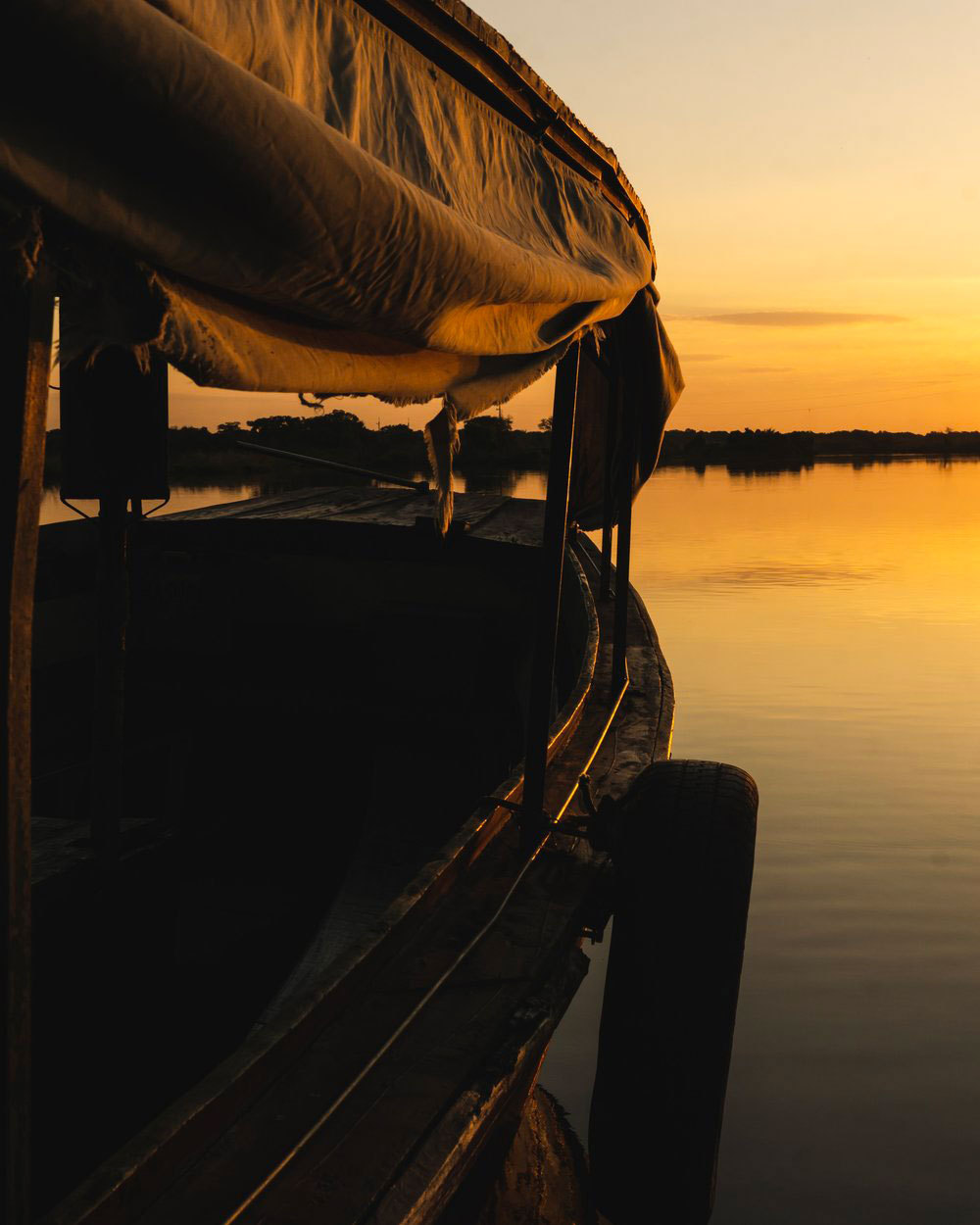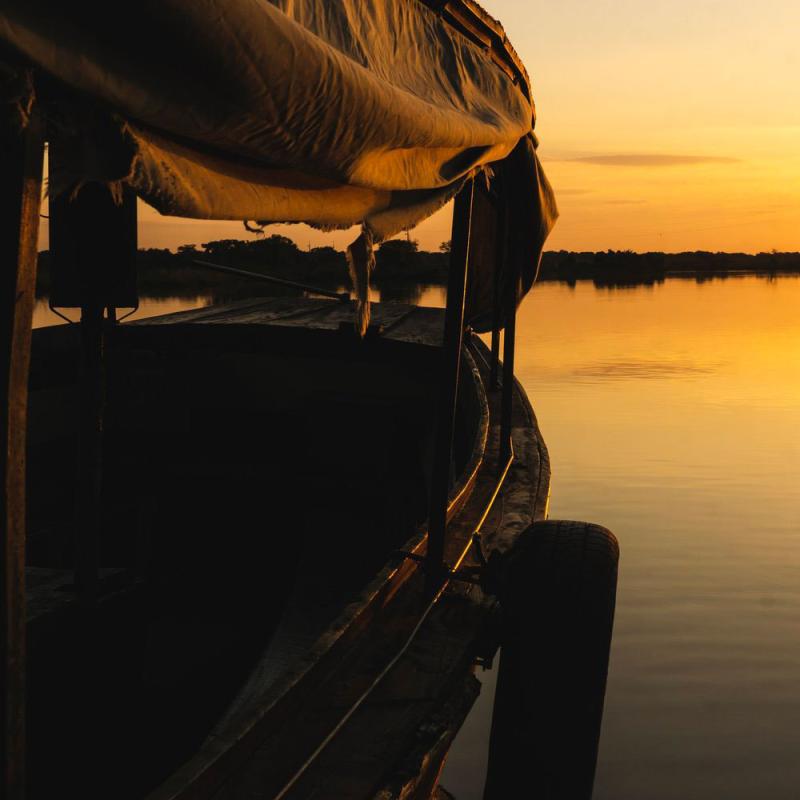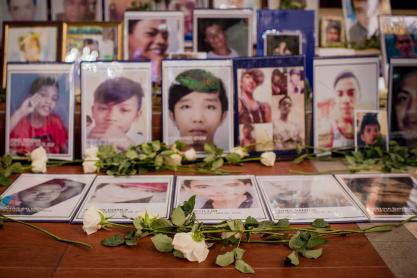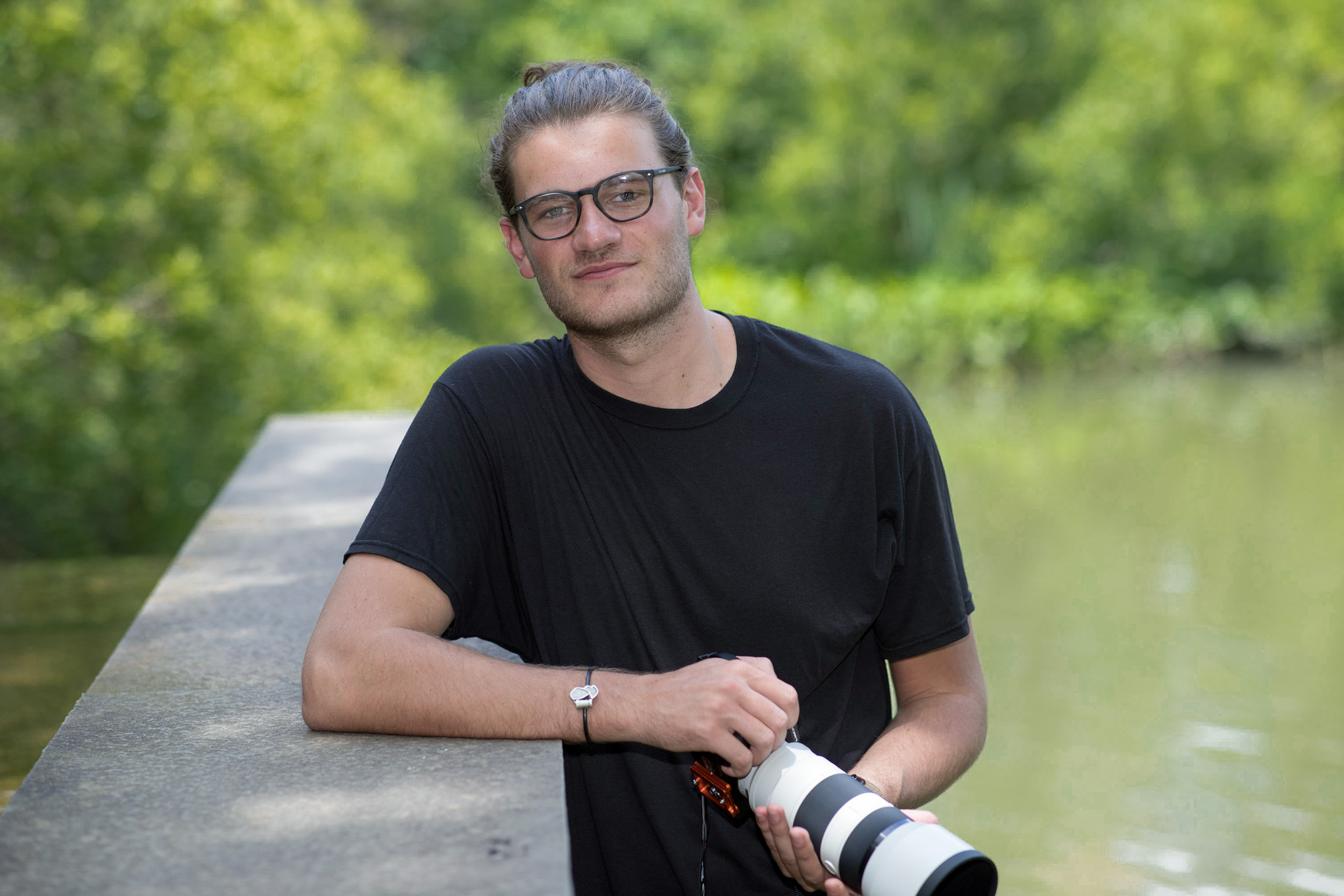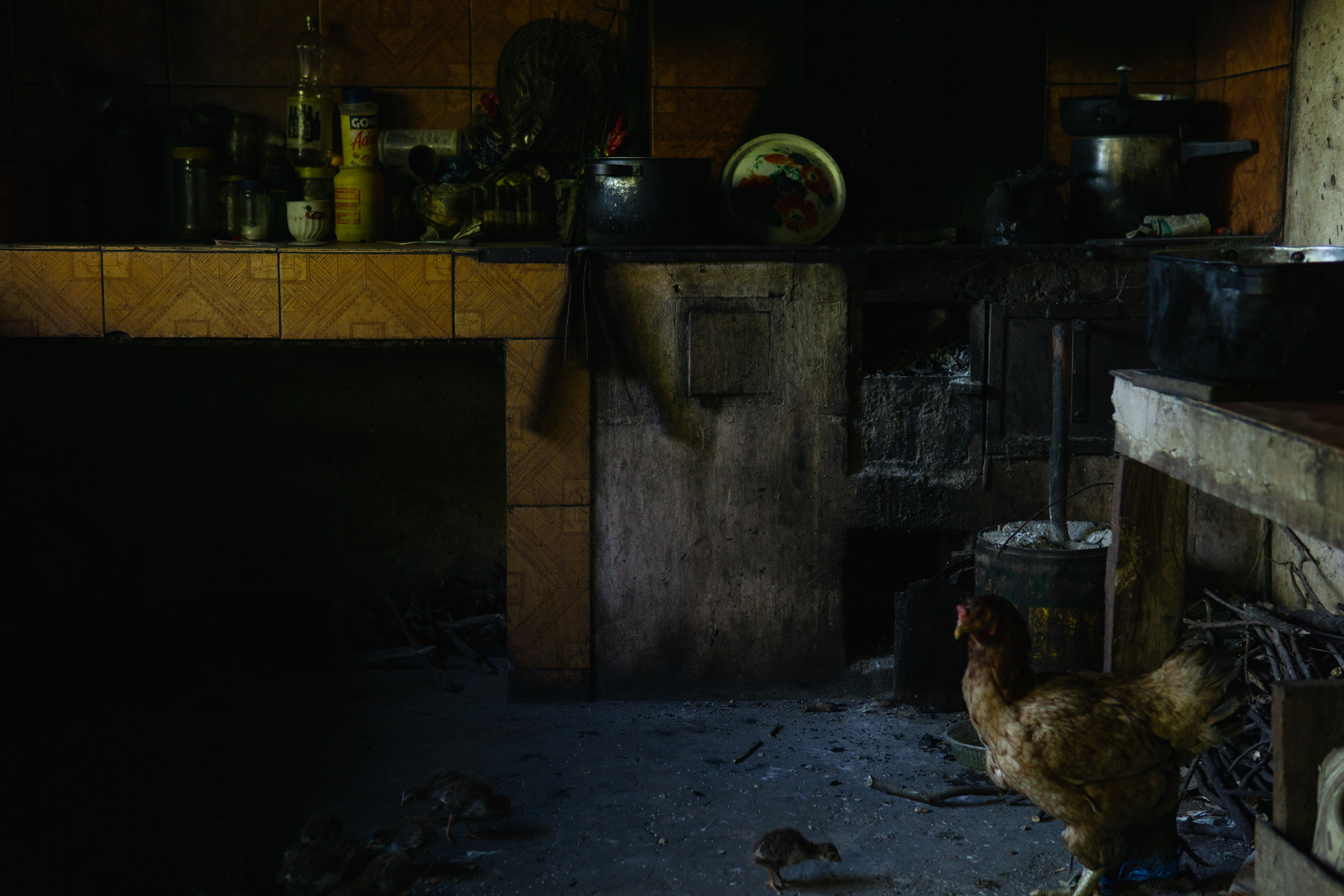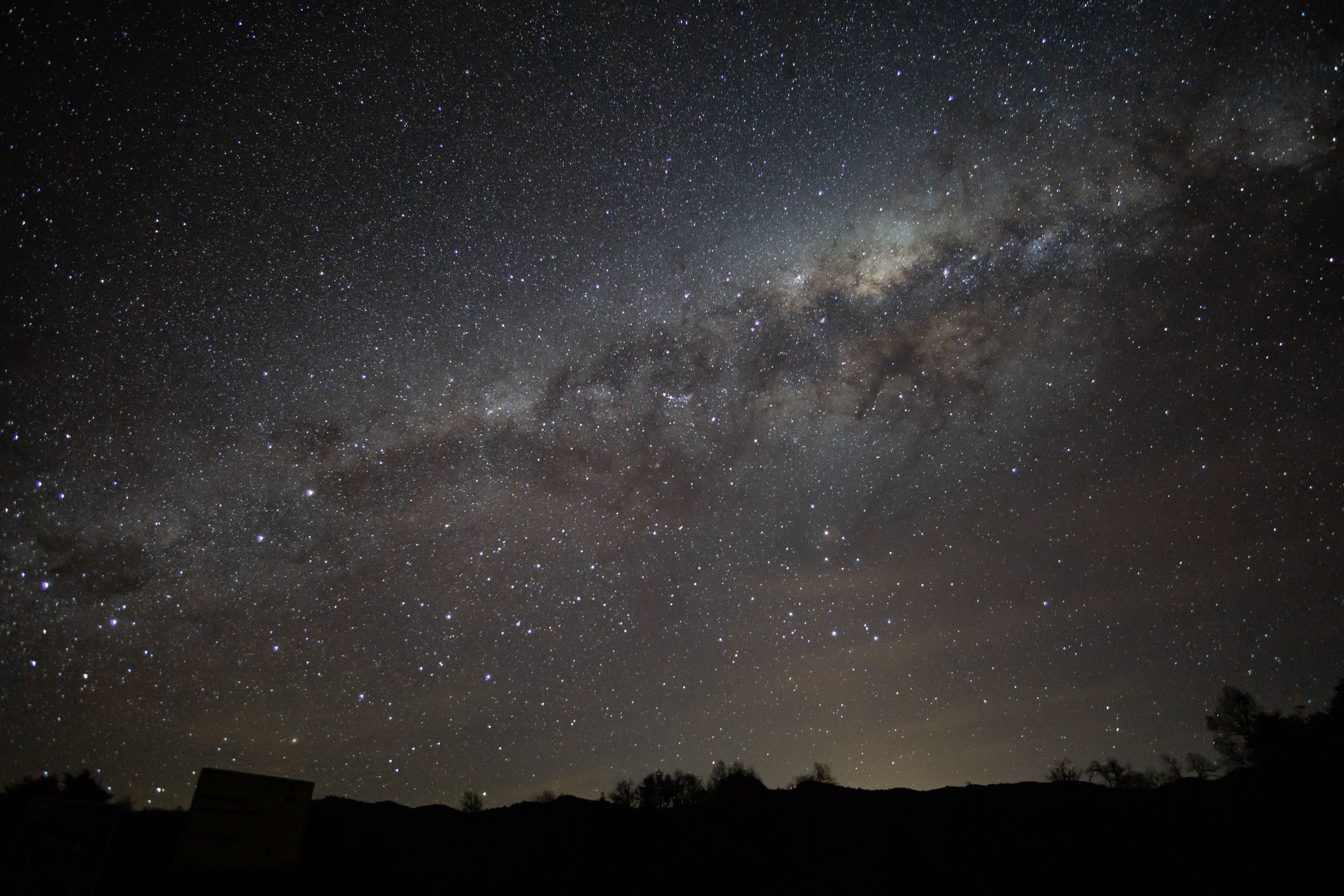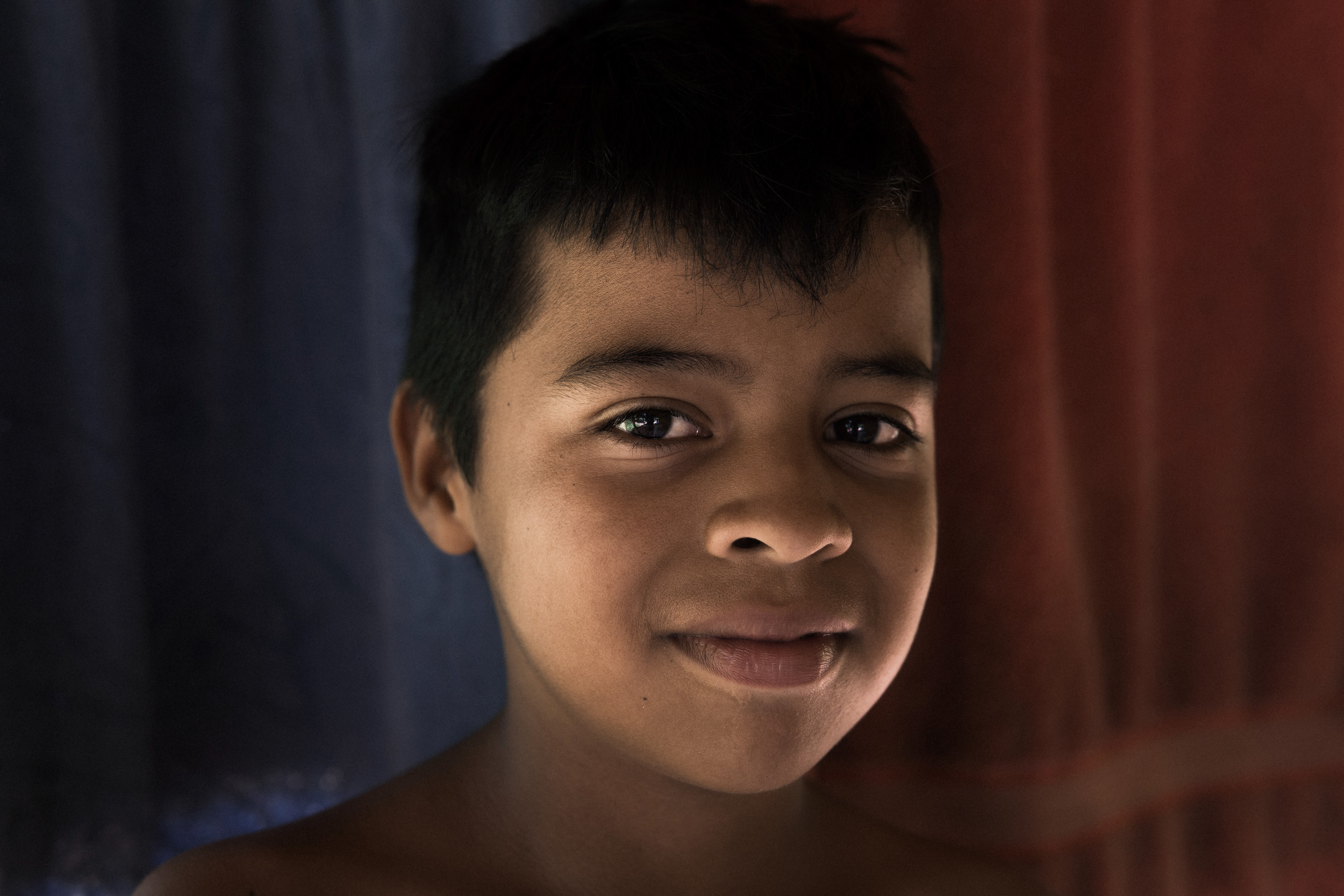The small rural communities living along the Río Paraguay generally have a negligible carbon footprint, he said, and yet they are on the front lines of climate change.
Raised in Charlottesville, Maillet has not only experienced a drastic shift in his own perspective of the impacts of economic development, but also a newfound love for language. Paraguayans speak a mixture of Spanish and Guarani, the indigenous language of Paraguay. Maillet had little proficiency in either when he arrived for his time with the Peace Corps, but throughout his time he has learned to hold his own in conversation with local residents. Now, he and Wong plan to produce all interviews and photo captions in Guarani.
“Guarani has a beautiful way of giving life to ideas that, in my experience, English and Spanish cannot,” he said.
To prepare for this trip, his team will undergo a month of intensive language training – part of their overall efforts to to protect, preserve and give back to the communities they visit by respecting their local language and culture
“The stretch of river that we’re running on the expedition is 1,300 kilometers long, which could probably be completed in two months or less,” Maillet said. “We’re alotting six months to allow for long periods of community integration, which we believe to be an important aspect of storytelling”
